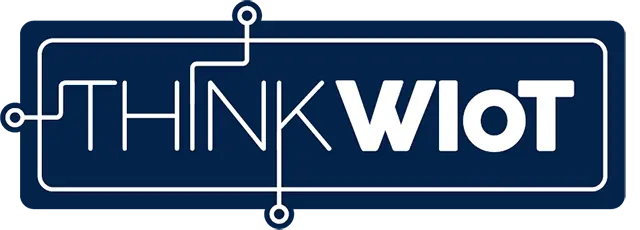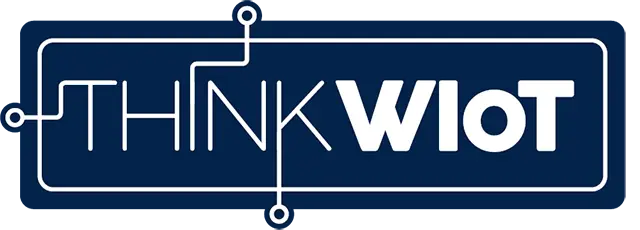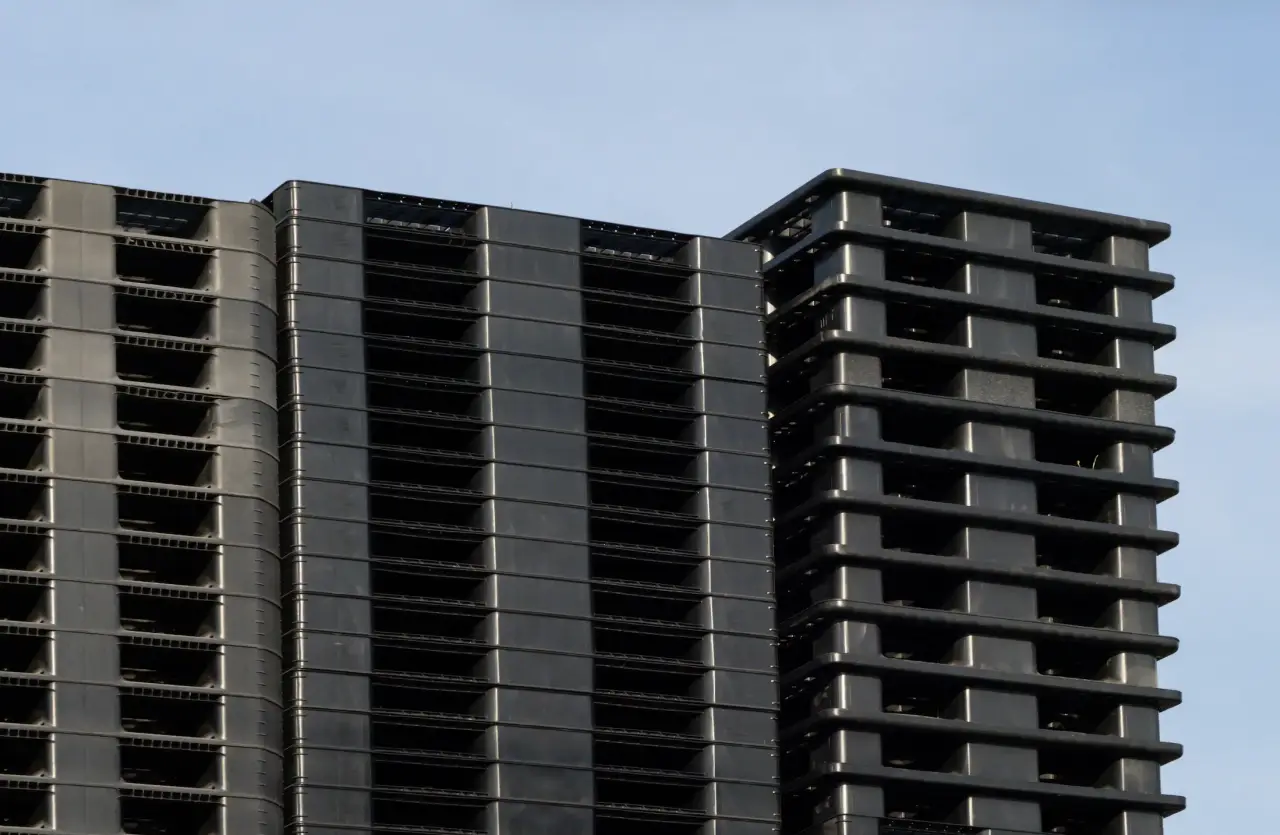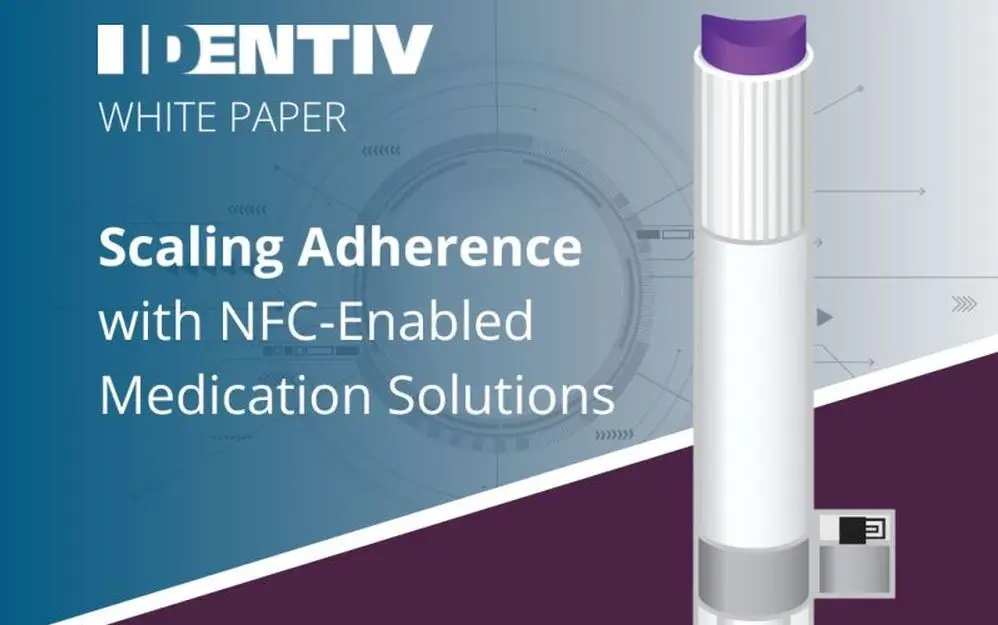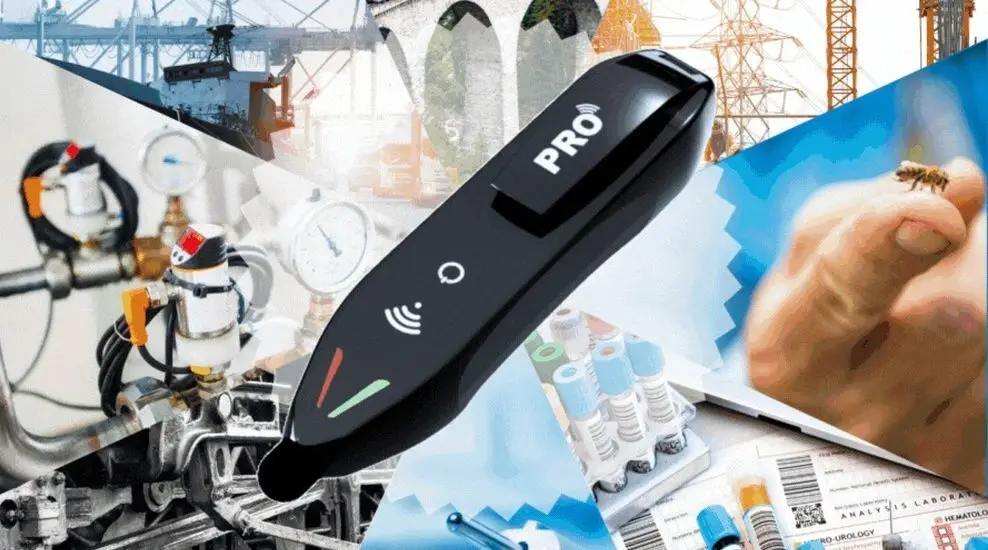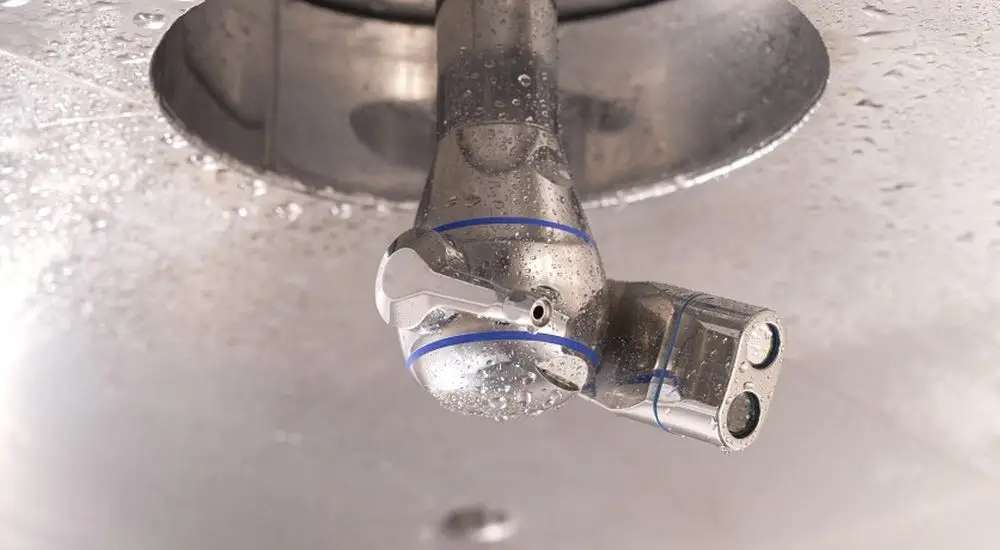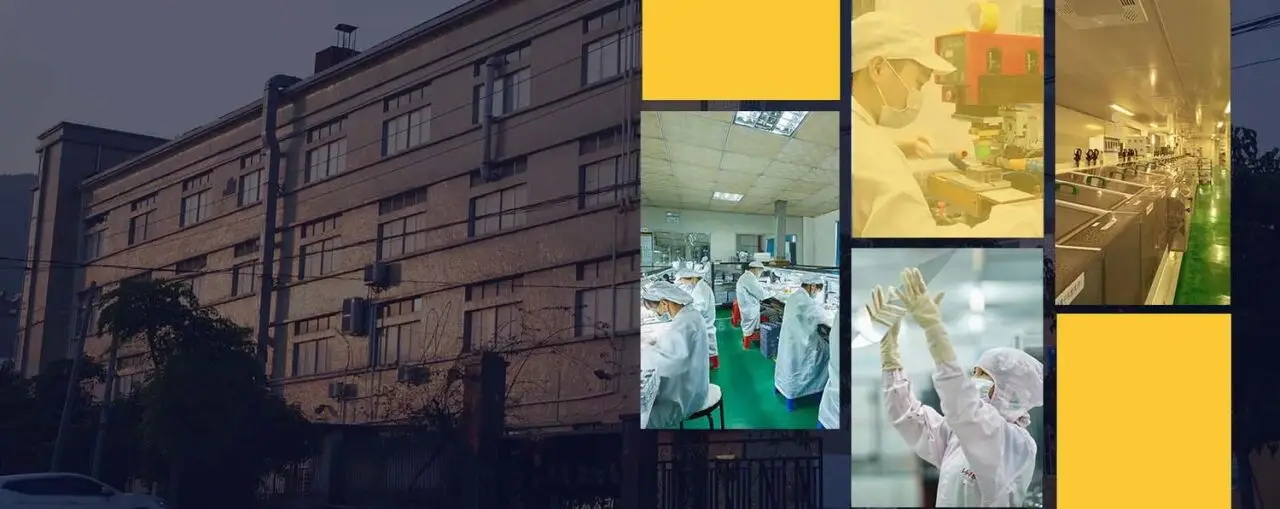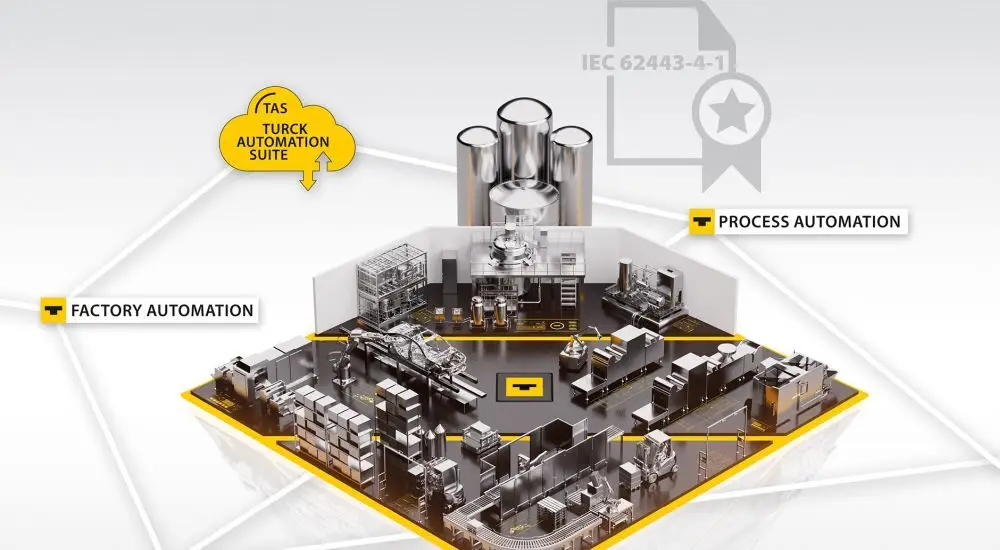Jülich Research Center presents Europe's first exascale supercomputer

JUPITER – The new dimension of computing
With JUPITER (Joint Undertaking Pioneer for Innovative and Transformative Exascale Research), a new milestone has been reached in the European supercomputing landscape at Forschungszentrum Jülich. The first European supercomputer in the exascale class delivers more than one trillion computing operations per second and opens up completely new possibilities for artificial intelligence (AI), simulations, and data analysis.
“Whether it’s digital transformation, climate protection, the energy transition, or the development of a sustainable circular economy: solving many of humanity’s major problems requires enormous computing power. JUPITER will give research a huge boost in this area – for the development and use of artificial intelligence, for simulations, and for data analysis.”
Prof. Dr. Astrid Lambrecht, Chair of the Board of Directors at Forschungszentrum Jülich
Leap into the exascale era
JUPITER is the first system in Europe to achieve more than one exaFLOP/s with double precision (64 bits) – a magnitude used in scientific simulations.
As an AI trainer, JUPITER achieves up to 40 exaFLOP/s with 8-bit AI precision and even 80 exaFLOP/s in 8-bit sparsity mode, making it one of the world's fastest systems for artificial intelligence.
The system was developed by a consortium of ParTec and Eviden and procured by the European initiative EuroHPC JU in collaboration with the Jülich Supercomputing Centre (JSC).
"JUPITER is a dynamic modular supercomputer. The booster module is optimized for extremely computation-intensive tasks and is massively supported by GPUs, while the cluster module can be used universally for a wide variety of data-intensive tasks. Both modules can operate independently or in combination, offering maximum flexibility."
Prof. Dr. Dr. Thomas Lippert, Director of the Jülich Supercomputing Centre
Areas of application: Research at the highest level
JUPITER enables breakthroughs in numerous areas:
AI training and AI applications: Development of open-source language models and large neural networks.
Brain simulation: More precise models for researching neural processes.
Climate research: Local forecasts for extreme weather events such as heavy rain and heat waves.
Quantum research: Simulation of universal quantum computers.
Energy transition: Optimization of hydrogen turbines, wind farms, and complex flow phenomena.
More than 100 national and international projects are already using JUPITER, including projects for drug development, climate neutrality, and disaster prevention.
JUPITER in numbers
24,000 NVIDIA GH200 superchips in the booster module
6,000 computing nodes, integrated into 125 racks
1,300 nodes in the cluster module with European SiPearl Rhea processors
Data center: 50 modular containers, over 2,300 m² of floor space
Peak AI performance: 80 exaFLOP/s (sparsity mode)
The modular design shortens planning and construction times and reduces costs. At the same time, it enables the reuse of waste heat to heat the campus – a decisive contribution to energy efficiency.
Europe's leap into the future
JUPITER marks a strategic milestone for Europe. As the fastest supercomputer in Europe and the fourth most powerful worldwide, it is a symbol of technological sovereignty.
The EuroHPC Joint Undertaking is funding JUPITER with €250 million. The remaining funds come from the EU's Digital Europe program and the Federal Republic of Germany.
Research and access
JUPITER is open to researchers from all over Europe. Computing time is allocated through a rigorous application process. Around 100 applications have already been received as part of the JUPITER Research and Early Access Program (JUREAP), and around 30 projects have been able to start.
50% of the computing time is managed by EuroHPC, while the other 50% is allocated by the Gauss Centre for Supercomputing (GCS) to German research institutions and universities.
JUPITER AI Factory
The JUPITER AI Factory (JAIF) is creating a European center for artificial intelligence in Jülich.
Use by start-ups, SMEs, and industry
Cloud platform for the rapid deployment of trained AI models
Supplementary module for inference applications
This ecosystem will strengthen Europe's competitiveness in AI development and application in the long term.
Milestones
The history of supercomputing in Jülich dates back to 1984, when the CRAY X-MP was inaugurated as the world's fastest computer at the time. Since then, the performance of the systems has increased a thousandfold approximately every 10 to 15 years – from 0.32 GigaFLOP/s to one ExaFLOP/s today.
JUPITER is the result of decades of expertise and a decisive step into the exascale era.
With JUPITER, Europe is entering a new dimension of computing. The supercomputer will enable groundbreaking advances in science, industry, and society – from precision medicine to climate research. At the same time, it sets new standards in sustainability and energy efficiency.
JUPITER symbolizes Europe's ambition not only to keep pace technologically, but also to actively shape the future of high-performance computing.
Read more about the new supercomputer at fz-juelich.de/en.
